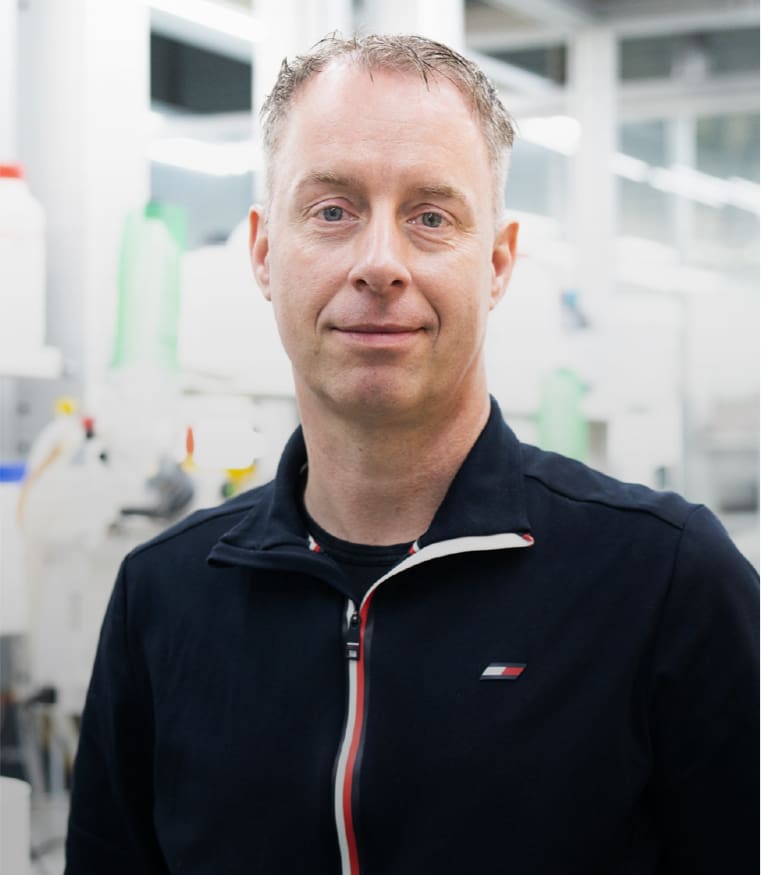Stereochemical Divergence in the Formation of Organic Carbonates Derived from Internal Epoxides
Catalysis of the challenging cycloaddition of carbon dioxide to internal epoxides has been studied using iron(III) amine triphenolate complexes and particular focus has been given to the stereochemical regulation of this process. When pure cis- or trans-2,3-epoxybutane is used as substrate, the stereochemistry of the product can be controlled yielding selectively cis- or trans-cyclic carbonates for both epoxidic substrates. This stereochemical divergence relates to two accessible catalytic pathways leading to either the cis or trans product via two distinct ring-closure steps. The involved mechanism and stereocontrol is a function of the catalyst/co-catalyst loading, and is further influenced by the medium, temperature and catalyst/co-catalyst structure. Other trans-internal epoxides could also be successfully converted into the pure trans-cyclic carbonate products without any loss of stereochemical information.

C.J. Whiteoak, E. Martin, E. Escudero-Adán, A.W. Kleij
Adv. Synth. Catal. 2013, 355, 2233-2239
DOI:
Go to the journal

Let's create a brighter future
Join our team to work with renowned researchers, tackle groundbreaking
projects and contribute to meaningful scientific advancements




















